Seven years ago I hatched a plan to reach Financial Independence. This year I am leaving the games industry (at least for a while) to spend time building a healthier life.
Since I was five, videogames were my passion. I eagerly awaited every bit of news, pocket money and, later, part-time wages, so I could dive further in to the fascinating worlds that lived inside those wonderful machines.
During my teenage years, I discovered many of my other interests through videogames; like art, skateboarding and punk rock. Crazy Taxi and Tony Hawks Pro Skater 2 stayed inside my Dreamcast disc tray for months on end. The likes of Bad Religion, The Offspring, Millencolin and Lagwagon blared out loudly from the living room TV. Bless my mum, she never complained and was often keen to join me for a round of Ready 2 Rumble!
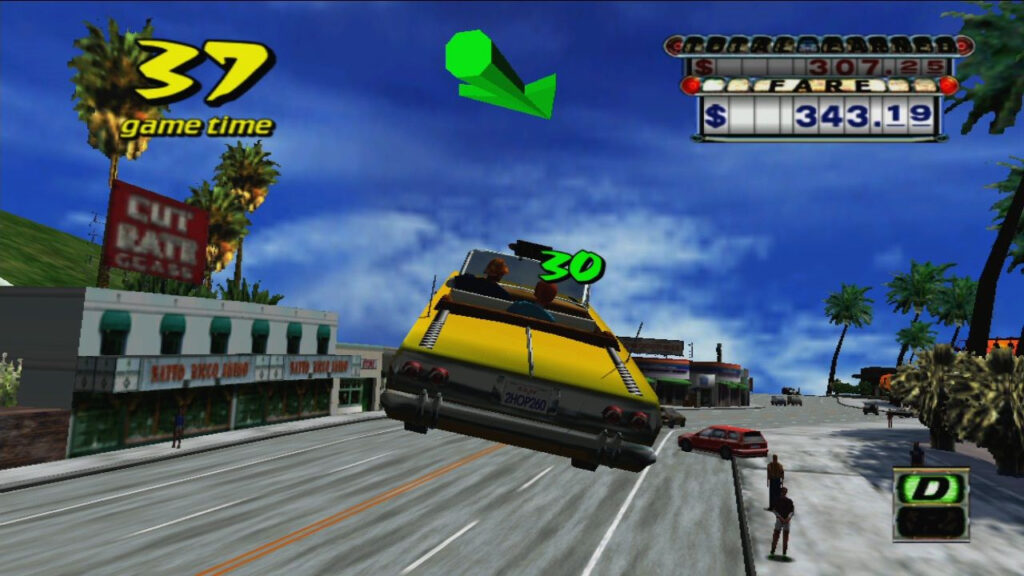
I was a SEGA kid, then I was a Nintendo kid, I even let Microsoft and Sony enter my heart. To this day, Christmas is only really, truly Christmas, if there is a new Zelda game to play.
When I was 14, I hand wrote a letter to Rare to ask them what it was like making games. Amazingly, they wrote back (thank you Rare!) and included some brochures about their company and the work they did. From then on, working in games became my dream (or maybe I’d be a Vet, I still had options!).
But, I didn’t know how tough it can be to stay in the industry as the important things in life change. I certainly didn’t expect that I would be leaving the field after only 15 years in it. Knowing what I know now, turns out that’s actually a pretty long time. 🤔
A Career With a Shelf Life
The average footballer’s career lasts 8 years, in most cases, they are retired by thirty-five. After that, many can’t keep up with the younger guys any more, the body changes and won’t allow it.
I’m not footballer, I’m videogame artist, but my career can have a similar shelf life. In fact it is often shorter….and pays over one thousand times less. Despite that, it was still possible for me to reach financial independence.

The games industry is a fast moving place that requires incredible passion for every new trend, technology and business model. You have to maintain that energy in-between frequent periods of extreme overtime (known as Crunch) and job instability. This makes it very difficult to evolve, take care of yourself or explore as you mature; let alone stay inspired enough to do the job at hand.
In 2016, an IGDA survey revealed that two thirds of employees in the industry were between ages twenty and thirty-four. Only 3.5% were in their fifties or over. Additionally, the average career length was only five years! After that many either burnout, want more life balance, more stability or better pay. So, chances were, I would also be leaving the games industry one day and needed to find a Plan B.
A Short Lesson in Perspective
The same year, I read Linds Redding’s blog post: “A Short lesson in Perspective”. At the age of fifty-one he was diagnosed with cancer and took six months out from a thirty year career as an Art Director in advertising. He had watched work accelerate and intensify at the expense of everything and everyone else in order to sell or produce products that would ultimately be forgotten about. His conclusion at the end of his life was that none of the sacrifices he and others had made to keep up were worth it. It was sobering reading.

In the midst of a project with a tight deadline, threadbare budget and an overseas client making unreasonable demands at all times of day, I read his blog and saw my own industry reflected in it.
In my experience; many successful, creative people in the games industry over the age of forty had a glowing career on paper and remarkable talents, but behind the scenes was often a different story. There were numerous broken marriages, missed family events and milestones, a life of solitude, stress-induced health issues and hospitalisation. If they dodged all that, then they likely had a 1950s style housewife who took care of everything else for them. And around them everyday, an endless stream of bright eyed (and cheap) young newbies, with less commitments, eager to make their mark. This was not the life I wanted for myself or my family.
I had a pivotal choice to make:
- Stay in Never Never Land and try to maintain my youthful enthusiasm for the industry.
- Or build an escape plan that would allow me to explore my passion and creativity. Then allow me to build a new life and work focused around freedom, stability, good relationships and health when the time came.
Discovering the FIRE Movement
So how did an artist in the European video game industry achieve Financial Independence?
When I discovered FIRE, the most well known people in the community were Engineers for Silicon Valley-style tech companies or ex-finance workers. I didn’t see anything written by peers in the games industry. This may be because larger salaries are rare in videogames (especially for Artists), but not impossible to find, as I later found out.
The first big games company I worked for had a pension scheme, which sparked my interest in investing. I worked at many start ups before that, so pensions weren’t on the table for a while. After a little research I learned that the default pension funds provided more value to the fund managers than to they did for me. So I started Googling!
This led me to discover “Mr. Money Moustache”, “Millennial Revolution”, JLCollins,and many other awesome blogs in what became a passionate hobby of reading, listening and watching over the years.
Mr. Money Moustache presented a particularly inspiring talk “How to be Rich, Happy and Save the World”. Which really drives home that you can improve your life and the planet’s, by being mindful with your finances.
I immediately switched my investments to global index funds and put in a little each month. Getting used to the ups and downs of the market, whilst building my trust and stamina for the roller-coaster ride.
I have always been an intentional spender, only spending money on things that truly add value to my life. Once I was comfortable with investing, I maintained a high savings rate and maxed out my employee match contributions. I also ensured life was still fun and inspiring, this was going to be a long journey and I’d need a life to escape to! You can find a collection of things here that are helping me to build that life.
Starting the journey to Financial Independence
The first financial milestone seemed far off, but there was a vibrant community with similar values and lots of experience to share, which kept me going.
My next employer made great games, but also gave great compensation, so I rapidly increased my monthly contributions. This was good fortune, but it also seemed true that when you start to focus on something, you are more likely to find it.
It was also fortunate that I had started investing with small monthly contributions and got used to the ups and downs, because when the Coronavirus market crash happened and I was investing with a lot more than before, I just kept going as usual. My mantra was “Either the world is ending and money will be worthless, or we’ll come back from this and build towards a brighter future”. That paid off!
After this, I must admit I had a little flirtation with lifestyle inflation, buying an apartment and a car, but always keeping my debt smaller than my investments and the interest lower than 2% . At the moment that debt is actually working for me, but I’ll be happy to compromise on these things if it gets in the way of FI and owning my own time.
Down in Blaze of Glory
In the end I did burnout, as I kinda predicted, but I also reached my goal. After 7 eventful years, I am leaving full time employment in the games industry to build a life that better suits me.
I found that I just didn’t care about the same stuff as my colleagues did any more. My partner had just gone through an intense surgery and recovery and the pandemic had only put things in sharper focus. I tried to keep going for 6 months, thinking that extra money would always be better, but eventually I admitted that my health and relationships were more important.

I had enough for Lean-FIRE. I could try it out, get myself better, focus on the meaningful relationships and routines in my life and work when I wanted to.
I’m so thankful to the FIRE community for introducing me to the parachute of Financial Independence. I have pulled the zip-cord and am now serenely floating back down towards a more balanced and meaningful life, free to explore options for the future and reflect.
It felt like the ultimate expression of faith and love for myself. If I’m honest, it was also a great FU to a toxic work environment whose bottom line would prefer that you never grow up.
After many years, I had finally acted on that wake-up call I received from Linds Redding all those years ago:
“Do yourself a favour – power down, lock up, go home and kiss your wife and kids”
Linds Reading
Update: 31.10.2023: Some Awesome News!
In 2022 I submitted a shorter version of this blog post for JL Collins new book project “Pathfinders”.
I’m honoured and thrilled to say that my story was one of around 100 selected for the book, which came out in all book stores today!
The stories will, no doubt, inspire many others to start (or continue to tread) their own path towards freedom and independence as JLs first book did for me!
Stay tuned because I’ll definitely write some more of my thoughts on the book for this blog soon!
If you want to know how my journey is going so far, check out the posts below:
Featured image by Lucas Ortiz on Unsplash
Get the latest posts in your inbox
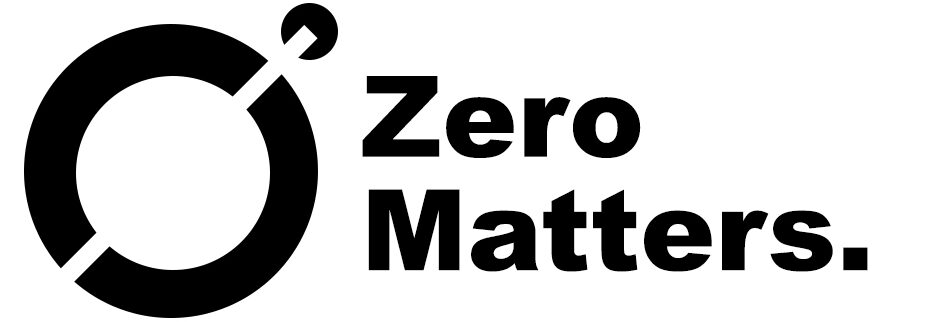

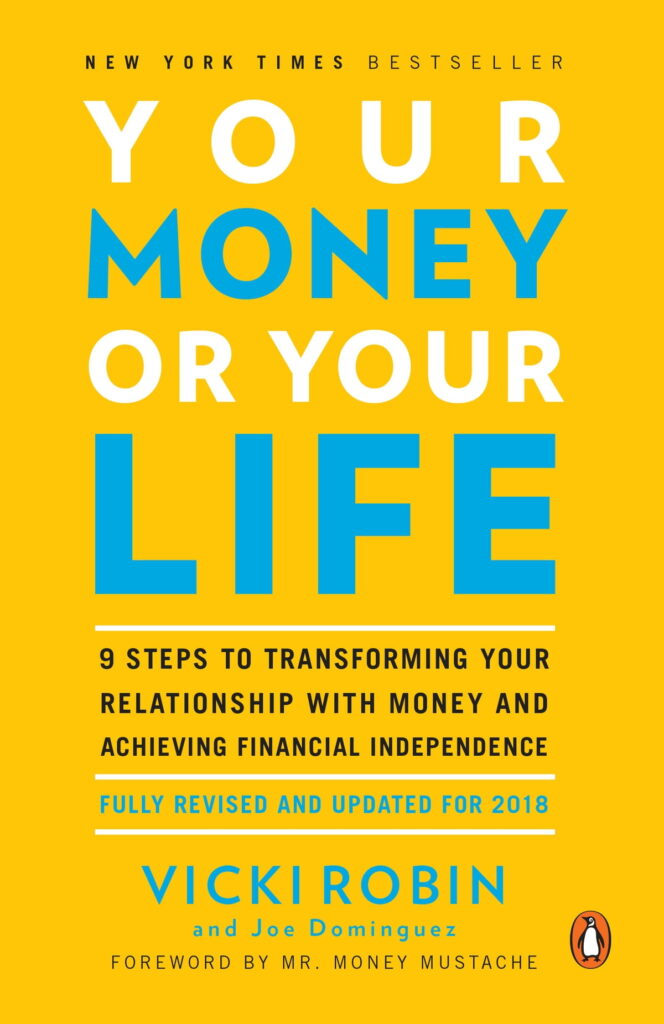
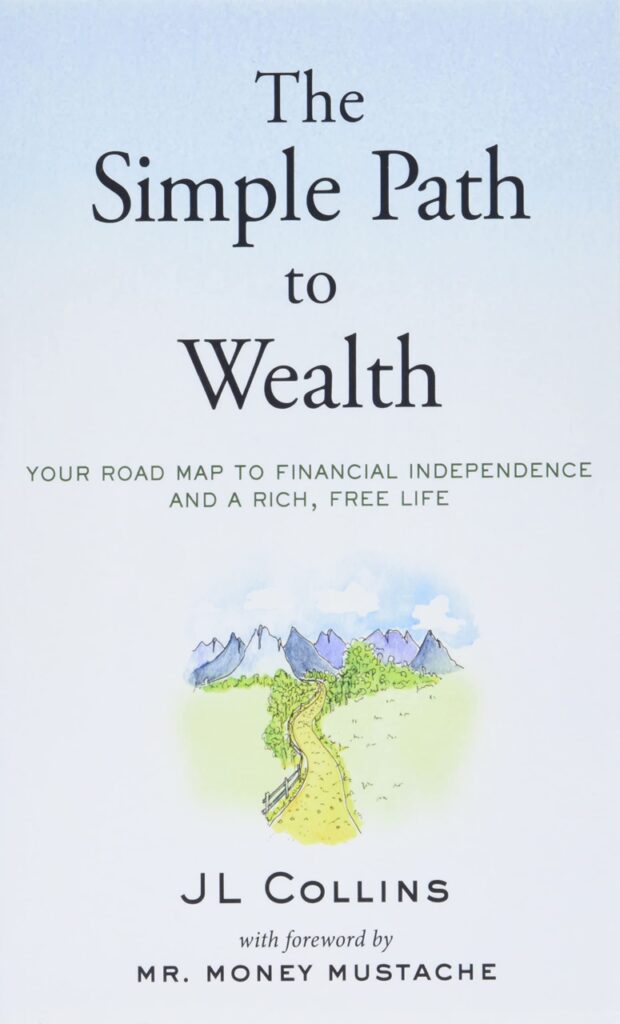
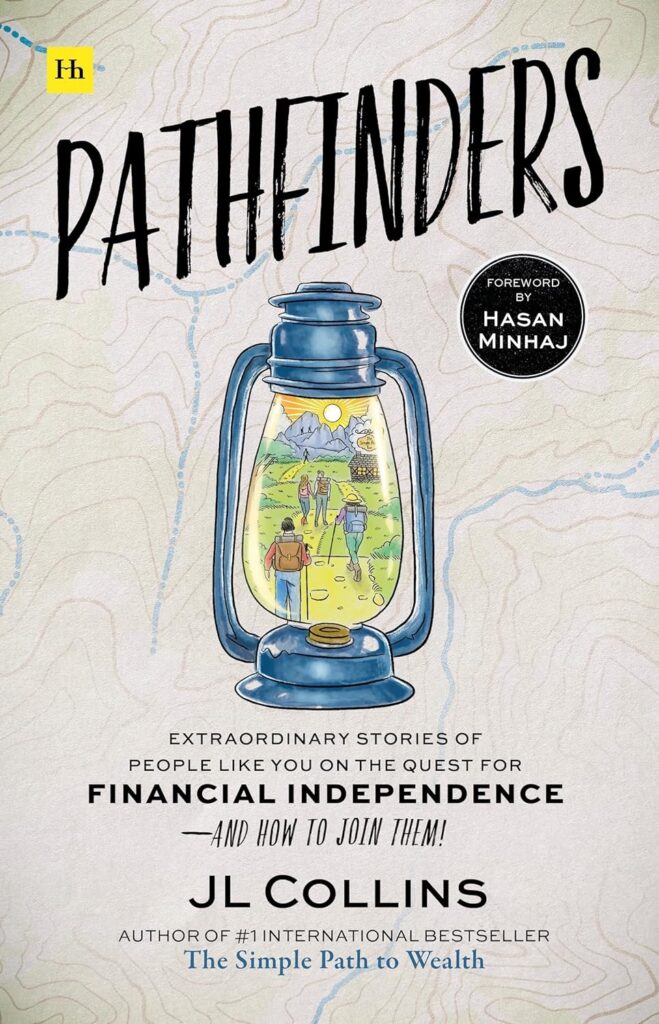
I’m so happy you found yourself a better path!
Warm hugs,
G.
Thanks Amigo!